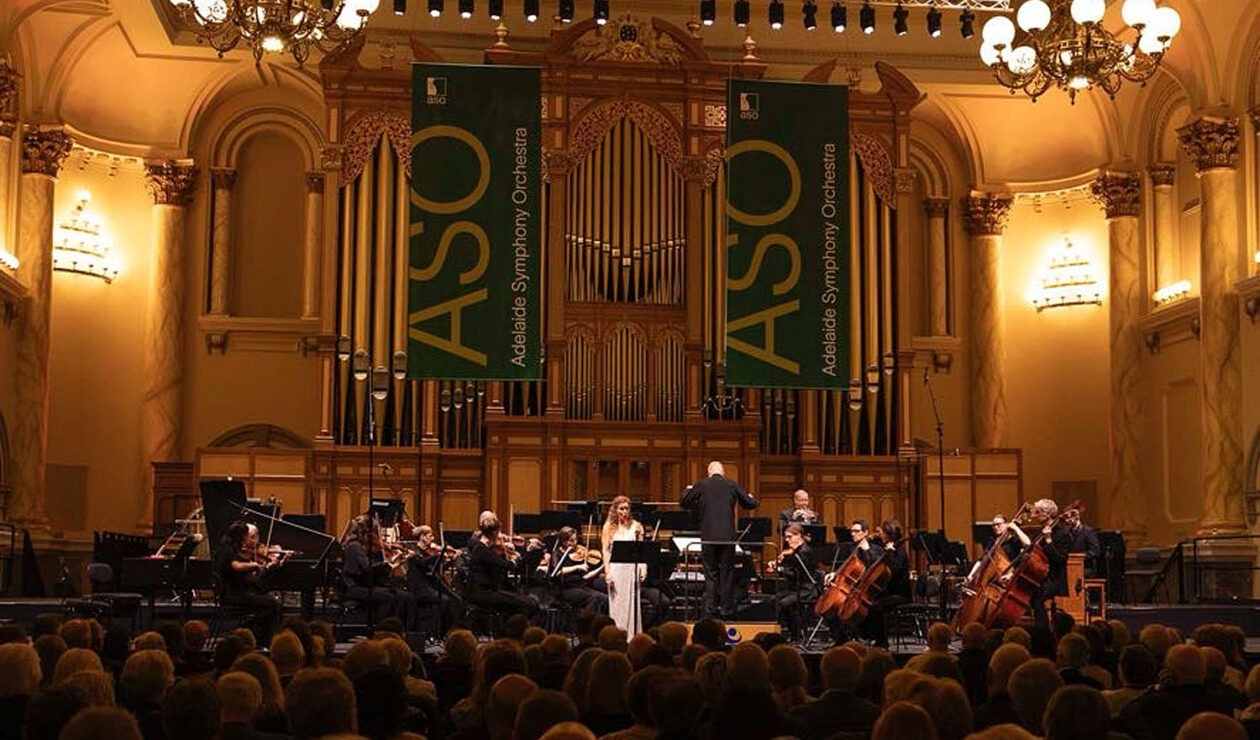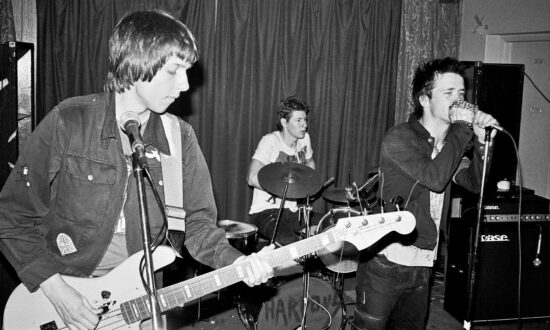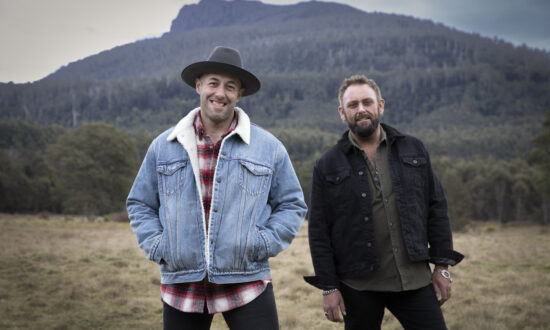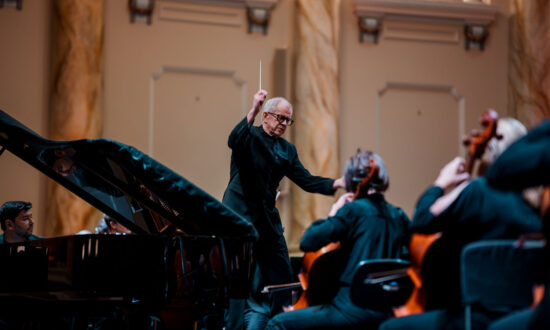Here was an ASO concert that stepped right outside the box. No symphony, concerto or any other standard fare to tick the usual boxes, it attempted a bold if precarious balancing act by partnering the recently new with the distantly old.
Like a tightrope walker trying to defy gravity, it courted danger. Not often does the ASO decide to construct a program entirely out of contemporary works and music from the Baroque, courtesy of Bach and Handel – with nothing in between.
It’s always a challenge to find composers who are genuinely able to connect with audiences, but the ASO seemed sure on this occasion that it had found two: Bulgarian-British Dobrinka Tabakova, whose chamber and orchestral scores have been making a notable impression in the UK, and Adelaide’s own Jakub Jankowski, who has enjoyed a similar rise to attention and last year became the ASO’s inaugural emerging composer in association.
Listening to their two pieces, one could immediately see that both are composers with fine ability and something to say. Each was steeped in mystery.
Anyone who has visited London’s Barbican will be familiar with that building’s forbiddingly brutalist modern architecture, but tucked away behind its concert hall is a tropical conservatory that houses a marvellous profusion of plant life. Evidently, Tabakova was inspired to write her Barbican Glade by this little haven of nature.
Employing harmonics in solo viola and cello, it begins with a bare outline of melody that ascends over a tranquil murmuring of surrounding strings. The piece doesn’t disclose its secrets readily, but it seems to evoke faraway places or times. And it does so beautifully. A rapturous middle section, recalling Vaughan Williams, envelops the ear, before serenity returns. Visiting British conductor Stephen Layton guided the orchestra with flowing, open gestures in a most satisfying performance.
Sara Macliver is one of Australia’s foremost Baroque sopranos, and it was good to see her back in Adelaide for J.S. Bach’s Cantata No. 51, ‘Jauchzet Gott in allen Landen!’. This is one of Bach’s brightest solo cantatas, literally imploring us to shout for joy to God in all lands. It’s a really big sing too: the voice is constantly pushed into its highest range in florid trails of coloratura. But Macliver made light of every note in her customary excellence, and so did the ASO’s David Khafagi in its equally demanding duetting trumpet part.
If there was a fault in Grandeur, it was that this program lacked a connecting thread. One had to reset one’s ears for each piece. Not that anything could have prepared the audience for what followed.
Chuckles mixed with mild trepidation accompanied Macliver’s return to the stage with a megaphone for Jankowski’s ‘Before the Law’. There’s a first for everything, and here was surely one: the singer blaring at the audience like a law enforcement officer. It felt Kafkaesque, which is no coincidence, because Jankowski has set part of Franz Kafka’s novel The Trial which relates a fable about how a man from the country is repeatedly denied entry into the law by a taunting gatekeeper.
The piece begins with an icy stillness as the singer circulates through a narrow Phrygian scale that is shattered by massive drum strikes as the gatekeeper belts out his sadistic warnings. In between, a beguiling calmness highlighted by lonely solos of cor anglais and cello generates wild extremes of mental state. ‘Before the Law’ is an intense work. One can admire Jankowski not only for his advanced skill at orchestral writing but also for his willingness to take on truly gripping, enthralling subjects.

Get InReview in your inbox – free each Saturday. Local arts and culture – covered.
Thanks for signing up to the InReview newsletter.
Though it felt a million miles away from this intellectual drama, Handel’s ‘Music for the Royal Fireworks’ was a welcome way to finish this concert. It has become an increasingly rare thing for symphony orchestras to take on Baroque music, because it has become so much the province of period instrument orchestras during recent years. But Layton is one conductor who can cross the stylistic divide with alacrity. For sure, there were times in this and the Bach when one wished for more lifted phrasing in the strings. However, tempos were really well judged, and Handel’s ebullient spirit was all there in all wonderful generosity.
The Adelaide Symphony Orchestra’s Grandeur was performed on April 12 in the Adelaide Town Hall. Its next Symphony Series concert, Heroic, is on May 3-4.
Support local arts journalism
Your support will help us continue the important work of InReview in publishing free professional journalism that celebrates, interrogates and amplifies arts and culture in South Australia.
Donate Here




